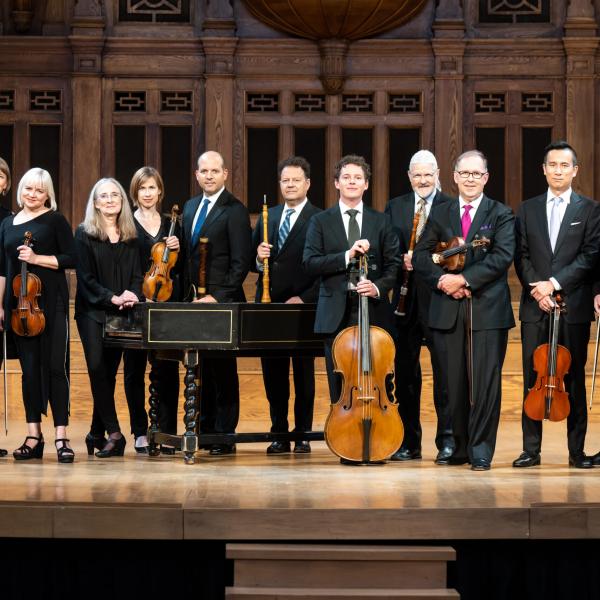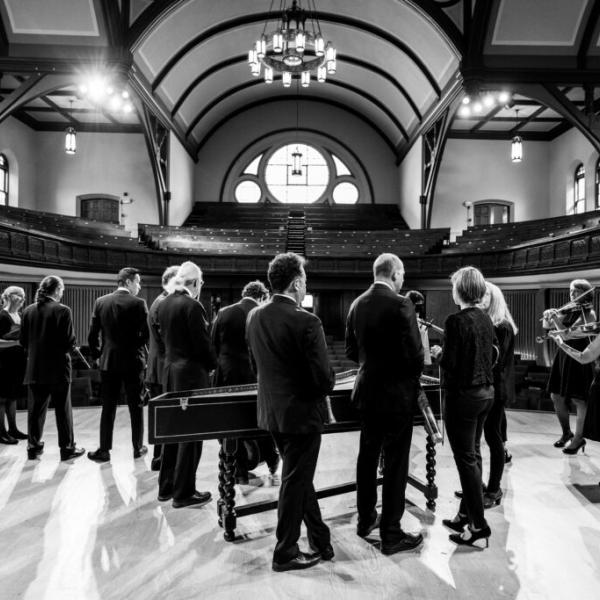Dolores Pesce’s book Liszt’s Final Decade (Boydell and Brewer, 2014) has been nominated for the The Otto Kinkeldey Award of the American Musicological Society. The Kinkeldey honors a musicological book of exceptional merit published during the previous year by a scholar who is past the early stages of his or her career.
A review of Pesce’s book appeared in The Times Literary Supplement on April 3, 2015.
The Liszt that emerges from the pages of Dolores Pesce's account of his last decade is admirable -- no surprise -- and likeable as well . . . . If anyone still believes that Liszt's religion was a pose, that he took his minor clerical orders as a kind of publicity stunt, Pesce's book should put that notion to rest. . . . The analysis is convincing. TIMES LITERARY SUPPLEMENT
About Liszt's Final Decade:
Toward the end of his life Franz Liszt maintained extensive correspondence with two women who were at the time his closest confidantes, Carolyne von Sayn-Wittgenstein and Olga von Meyendorff. Liszt wrote to them regularly, expressing his intimate feelings about personal and career events and his conflicted self-image as a celebrated performer but underappreciated composer. Absent a diary, the letters offer the most direct avenue into Liszt's psyche in his final years.
Liszt's Final Decade explores through these letters the mind and music of one of the nineteenth century's most popular musicians, providing insight into Liszt's melancholia in his last years and his struggle to gain recognition for his music yet avoid criticism. The exchange indicates that Liszt ultimately resolved his inner conflict through a personally constructed Christian moral philosophy that embraced positive resignation to suffering, compassionate love, and trust in a just reward to come. The book also examines how Liszt's late sacred compositions affirm the yielding of suffering to joy and hope. Significantly, Liszt viewed these works, commonly overlooked today, as a major part of his compositional legacy. This volume thus challenges the idea of a single "late" Lisztian style and the notion that despair overwhelmed the composer in his final years.



